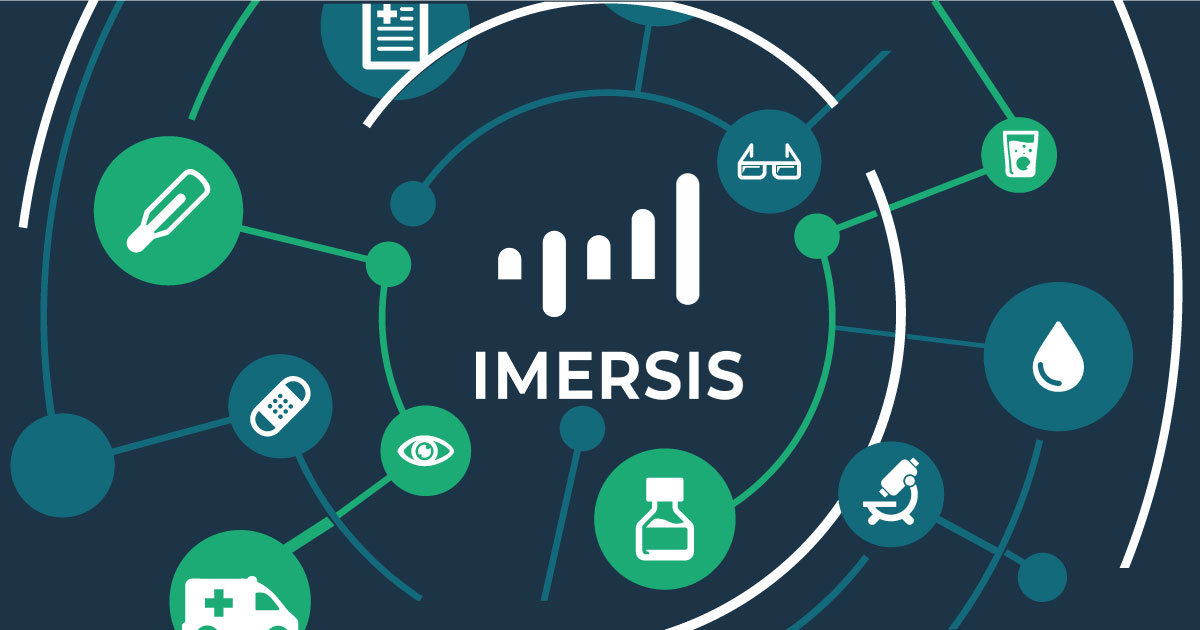Building a Data Analytics Platform for North Carolina
The Olmstead vs. L.C. Supreme Court decision requires public entities to provide community-based services to people with disabilities if such services are appropriate, are desired by the individual, and can be reasonably accommodated.
North Carolina’s Department of Health and Human Services hired Mathematica to develop a platform that gathers data from Medicaid, housing, employment, and other community-based service providers and transforms the data into useful information.
Through an interactive dashboard, decision makers at the Department of Health can monitor the effectiveness of Transitions to Community Living services to help eligible adults with serious mental illnesses live independently where they want to be.
Learn More











